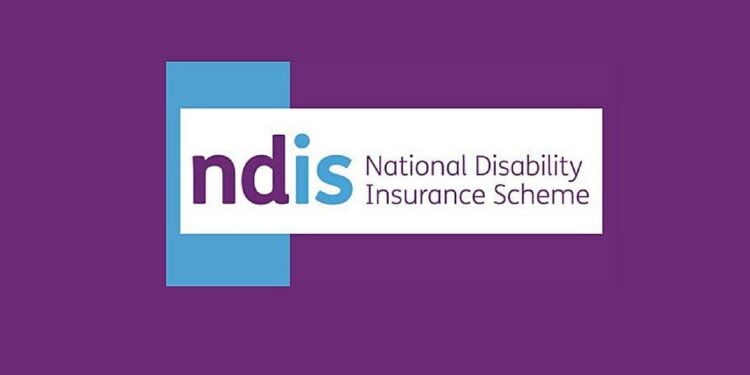The National Disability Insurance Scheme (NDIS) is an Australian Government initiative that provides funding for support and services to people with disabilities, their families, and carers. It is a major reform of the way disability services are provided in Australia, offering greater choice and control for people living in this situation.
The NDIS provides a more flexible approach to service delivery, allowing participants to design packages tailored to meet their individual needs.
Below, we will explore how the NDIS works, who it applies to, and what kind of support can be accessed through the scheme. In addition, you can obtain a free NDIS registration guide for further assistance and to gain a greater understanding of this scheme.
The Origins of NDIS
The NDIS was introduced in 2013 and is funded through a mix of state and Commonwealth government contributions. Eligibility criteria for the scheme are based on disability type and severity.
In most cases, people with a permanent disability that affects their ability to take part in everyday activities must be aged under 65 to access the NDIS.
This is a useful fund when it is difficult to earn an income and there will be additional costs concerning care compared to many more straightforward situations where others are looked after.
Who Is Eligible for NDIS?
People who meet the eligibility criteria and are considered to have a permanent disability can access support through the NDIS.
This includes people with physical, intellectual, sensory, psychiatric, or neurological disabilities.
The NDIS also covers people with multiple disabilities in addition to those living in rural and remote areas.
It is worth knowing just who the scheme covers so that nobody misses out and eligibility is restricted to only those entitled. The funds do have to stretch to a significant proportion of the population.
What Kind of Support Can Be Accessed?
NDIS participants have access to a range of support and services, depending on their individual needs. These can include assistance with everyday activities, such as personal care and domestic tasks; help to find and maintain employment; respite services; assistive technology aids; and support for family members or carers.
There is much support available to those in need and it is a dedicated band of carers who will deliver it. They will have software to help them schedule appointments and access the right information in real time, but there is still the commitment of seeing the person being cared for on time and doing the right thing to help them.
Reading Suggestion: Shipping To Amazon FBA Rapid Express Freight
NDIS Funding
In addition, the NDIS also provides funding for transport, home modifications, and other specialist services.
Participants in the NDIS have greater control over their support packages and can choose from a range of providers to meet their individual needs. This includes mainstream service providers and those specializing in disability services. You can find out more about such providers in this NDIS Service provider Sydney article.
It is a specialist type of care that is being provided, so there are different skills required from the carers to make sure that high standards are maintained. There is a financial side, though, to ensure that monies are in place without delay so that care can start as soon as possible.
Conclusion
The NDIS is a major reform of the way disability services are provided and offers greater choice, flexibility, and control for people living with a disability.
To access the scheme, participants must meet certain eligibility criteria and be aged below 65. The NDIS provides funding for support and services to help them live independently, find and maintain employment, and access specialist services.
By understanding the NDIS and how it works, people with disabilities can make informed decisions about their support packages to ensure they have access to the right kind of assistance for their needs.























